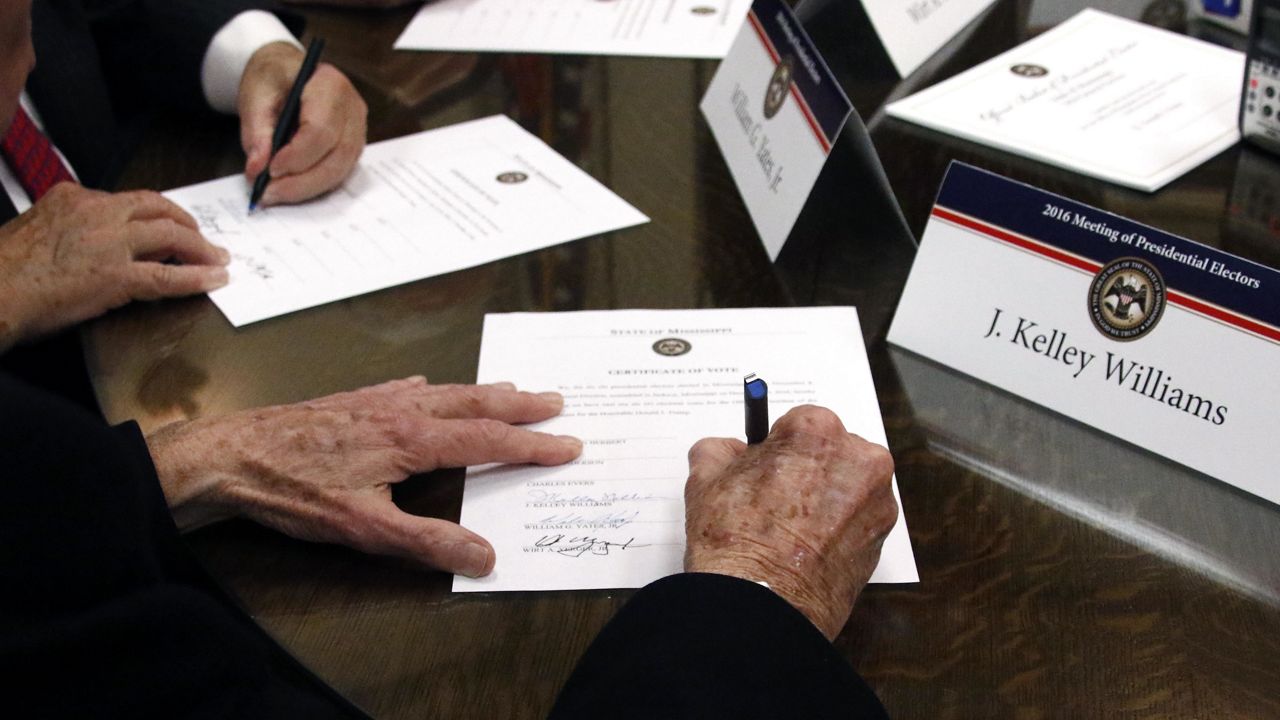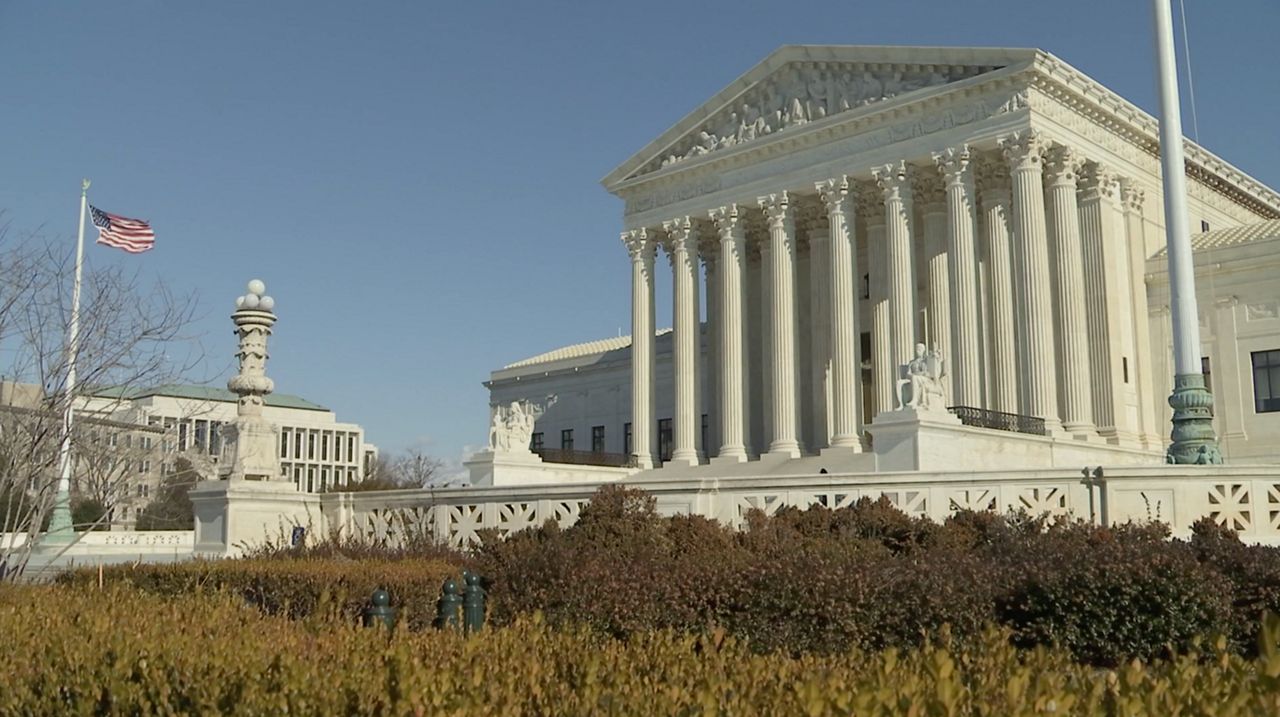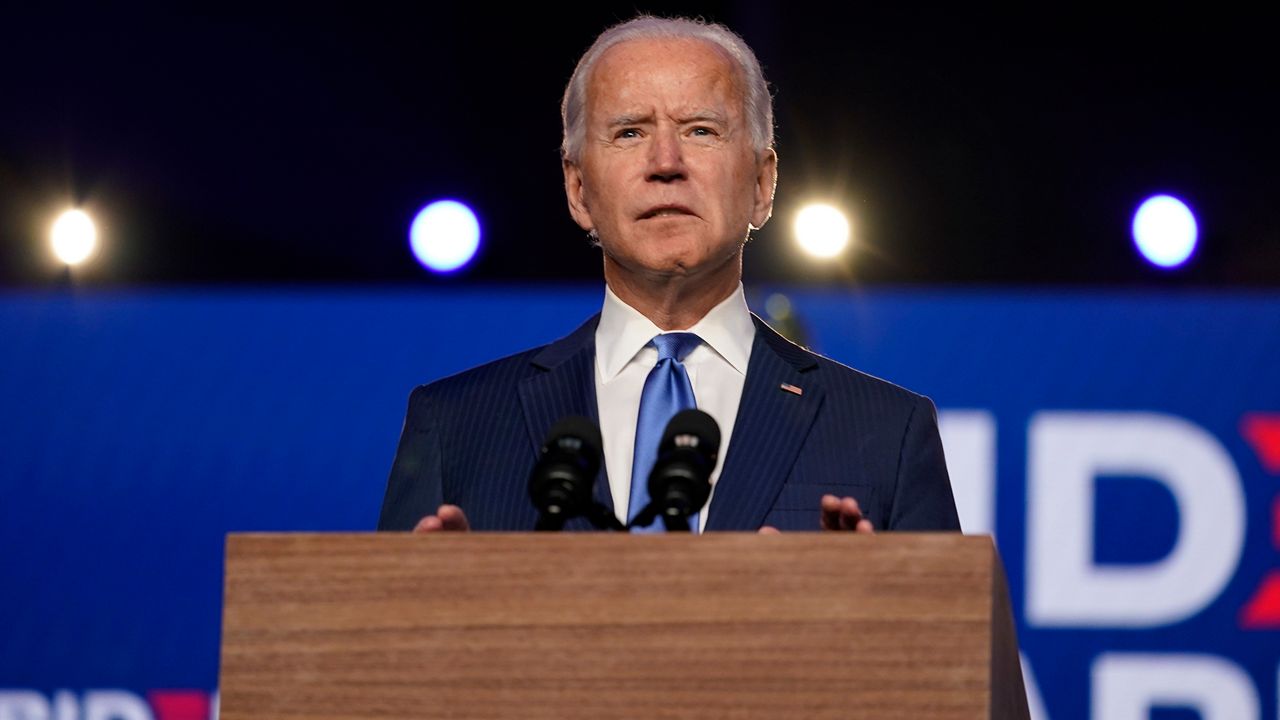RALEIGH, N.C. (AP) — Democratic Gov. Roy Cooper of North Carolina won his party’s primary Tuesday and will face Republican Lt. Gov. Dan Forest in the November general election, seeking a second term. It’s a race that Forest has long been preparing for.
- Polls Close In North Carolina
- Live Election Returns in North Carolina
- Full Coverage of the 2020 Elections
Cooper enters that matchup flush with cash and hoping his reelection could help Democrats take back one or both General Assembly chambers.
Cooper defeated primary challenger Ernest Reeves, who ran a low-key campaign and reported raising little money. Forest beat state Rep. Holly Grange, benefiting from a statewide campaign network that he began forming after his first lieutenant governor’s victory in 2012. He was reelected in 2016.
Cooper enters the fall campaign with a huge fundraising advantage: $9.5 million in cash as of mid-February, compared with about $750,000 for Forest.
Cooper’s first term has been marked by political combat with GOP legislative leaders, who have carried out a conservative agenda while controlling the General Assembly since 2011.
But gains by the Democrats in the Legislature in 2018 have allowed his vetoes to be upheld, and he has blocked many right-leaning policies since. Cooper’s veto of the two-year state budget last summer led to an impasse with Republicans that is yet to be resolved.
Following his win Tuesday night, the Democratic Governors Association said in a statement, "Congratulations to Gov. Cooper on his primary victory tonight. In his first term, Gov. Cooper has made workforce development a key focus and tens of thousands of jobs have been created across the state. Gov. Cooper has courageously fought for Medicaid expansion and North Carolina public schools, and this is only the beginning. In his second term, Gov. Cooper will fight tirelessly for a stronger and safer North Carolina. I look forward to continuing to work together in 2020 and beyond."
Forest is a favorite of social conservatives, speaking out against abortion and in favor of the state’s 2016 “bathroom bill,” which required transgender students to use the restroom matching their sex on their birth certificate. The law has been partially repealed.
Forest also has championed broadband service for public schools and teaching students to be financially literate.








